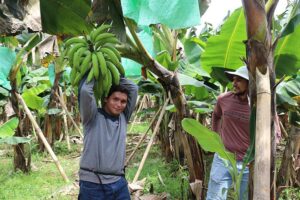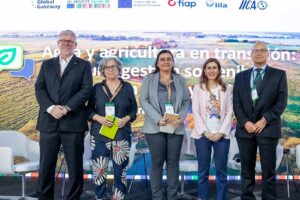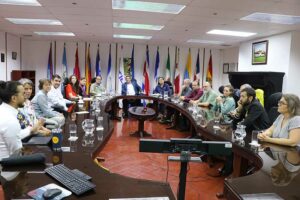Food Waste, Electronic Waste, and Fast Fashion Prioritized as Research Topics

- In a meeting of the collaborative SCOPE program held in the Netherlands, representatives from seven countries, including researchers from CATIE’s UEAAS/EfD, agreed to work on research that promotes responsible consumption patterns and more sustainable production.
With the objective of conceptualizing and developing a research proposal to access external funding for research projects under the collaborative SCOPE program (Sustainable Consumption and Production), part of the Environment for Development (EfD) initiative, Róger Madrigal and Pablo Evia, researchers from the Environmental and Sustainable Agribusiness Economics Unit (UEAAS/EfD) at CATIE (Tropical Agricultural Research and Higher Education Center), organized a meeting in Wageningen, Netherlands, at the end of May.
“The key points of the meeting were the exchange of ideas and methods on the topics of the collaborative SCOPE program, as well as fostering debate on new thematic and geographical priorities within the framework of EfD's new funding strategy, which is supported by Swedish cooperation (SIDA),” shared Pablo Evia.
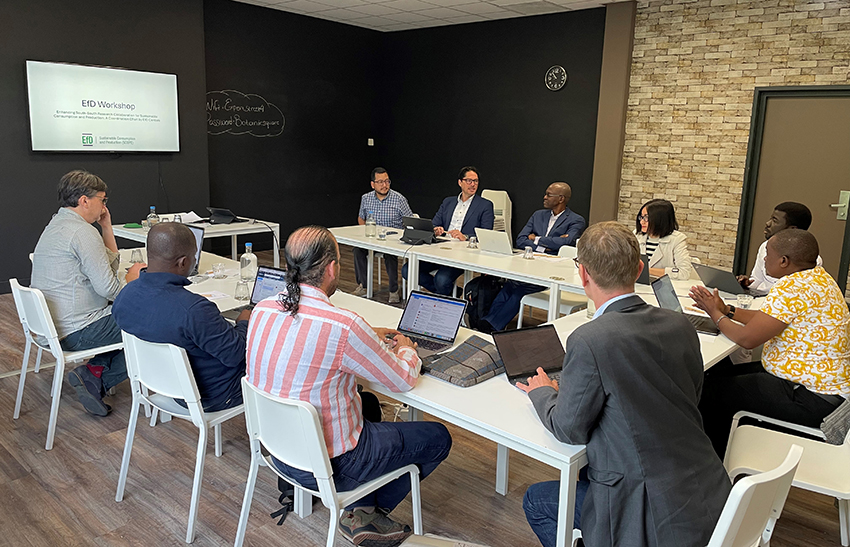
Researchers from Ghana, Kenya, Nigeria, Chile, Costa Rica, the Netherlands, and Sweden participated in this meeting. Together, they agreed on the importance of addressing the issues at the core of the SCOPE program, which include waste management, the circular economy, and sustainable lifestyles.
“As a research group, we delimited the topics to food waste, electronic waste or e-waste, and fast fashion, along with the consequences of these activities on waste generation,” explained the UEAAS/EfD researcher.
Some of the next steps following this meeting include working on strengthening the collaborative SCOPE program, which is coordinated by CATIE’s UEAAS/EfD, and continuing to work on communication and coordination with the member countries of the program. The aim is to propose relevant research that can drive transformations aimed at impacting consumption and production patterns to make them sustainable.
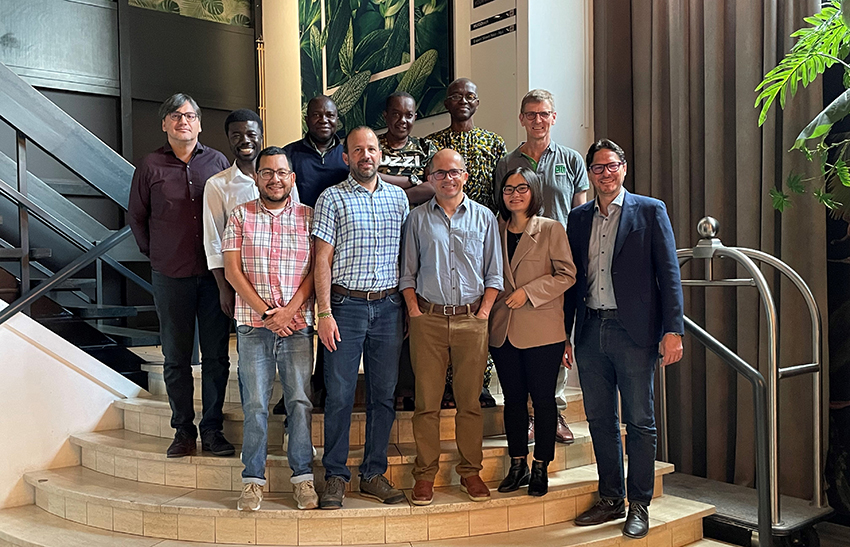
More information:
Pablo Evia
Researcher and Coordinator of the SCOPE Program
Environmental and Sustainable Agribusiness Economics Unit (UEAAS/EfD)
CATIE
Pablo.evia@catie.ac.cr
Written by:
Marianela Argüello L.
Communication and Knowledge Management Officer
Environmental Economics and Sustainable Agribusiness Unit (UEAAS/EfD)
CATIE
marguello@catie.ac.cr

